Forensic accounting is a fascinating field where law meets finance. Each day, forensic accountants dive deep into financial records. They uncover hidden truths in numbers, helping to resolve legal disputes. In places like Las Vegas, where the stakes are high, the demand for forensic accounting services in Las Vegas is ever-growing. The work involves examining financial documents to detect inconsistencies or fraudulent activities. These experts play a crucial role in court cases, often providing pivotal testimony. They ensure that justice is served, using their skills to reveal what others might miss. Forensic accountants often work with lawyers, insurance companies, and law enforcement. They follow trails of money and provide clarity in complex financial situations. This field requires a sharp eye for detail, analytical thinking, and a deep understanding of both finance and law. As we explore a day in the life of a forensic accountant, we see how vital their work truly is.
Morning: Gathering and Analyzing Data
The day begins with gathering data. This involves collecting financial statements, emails, and transaction records. The goal is to piece together a complete picture of the financial situation. Forensic accountants use their expertise to identify patterns and detect irregularities. The process is meticulous, much like solving a puzzle. An accountant might spend hours sifting through documents to find a single discrepancy that could make or break a legal case.
Midday: Collaborative Meetings
After the initial analysis, forensic accountants often meet with other professionals. This could include lawyers, clients, or law enforcement officers. These meetings are crucial for understanding the legal context of the financial data. They discuss findings and plan the next steps. This collaboration ensures everyone is on the same page as the investigation progresses.

Afternoon: Reporting and Testifying
Preparing reports is a critical part of the job. Forensic accountants compile their findings into clear, concise reports. These documents must be accessible to non-financial professionals, such as judges or juries. Sometimes, the accountant is required to testify in court. Their expertise helps clarify complex financial matters for those without a financial background. This communication is vital in ensuring a fair and just legal process.
Skills Required for Forensic Accounting
Forensic accountants need a unique set of skills. Below is a simple comparison of skills required in forensic accounting versus traditional accounting:
| Skill | Forensic Accounting | Traditional Accounting |
|---|---|---|
| Analytical Skills | High | Moderate |
| Investigative Skills | High | Low |
| Legal Knowledge | High | Low |
Educational Path and Certification
Becoming a forensic accountant requires a strong educational foundation. A bachelor’s degree in accounting or finance is typically necessary. Many pursue a Certified Public Accountant (CPA) designation. Some choose to specialize further by obtaining a Certified Fraud Examiner (CFE) credential. According to the U.S. Bureau of Labor Statistics, accountants and auditors are expected to see a steady job growth rate, emphasizing the ongoing demand for these skills.
Conclusion: The Impact of Forensic Accounting
Forensic accountants have a profound impact on the legal and financial fields. Their work ensures transparency and integrity in financial practices. By uncovering fraudulent activities, they protect businesses and individuals alike. Their contributions help maintain trust in financial systems. Forensic accounting is a demanding yet rewarding career. It offers the opportunity to make a tangible difference in the world by merging the principles of finance and law effectively.

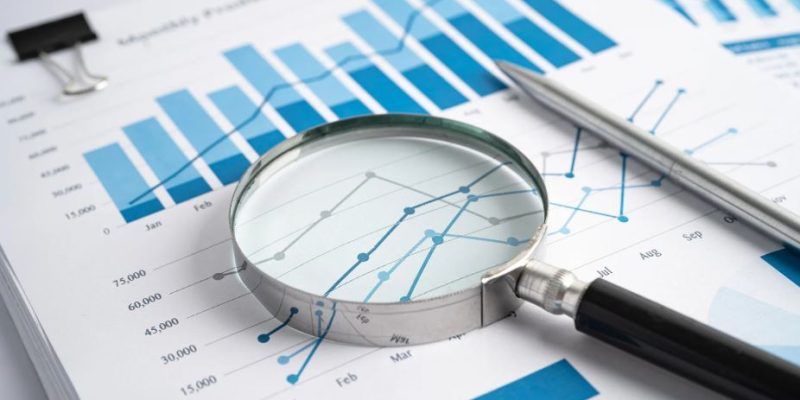
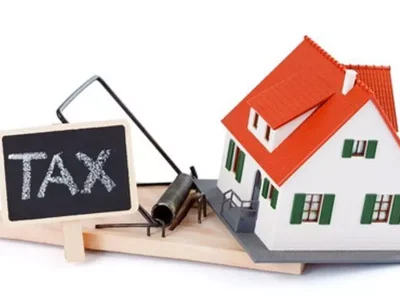

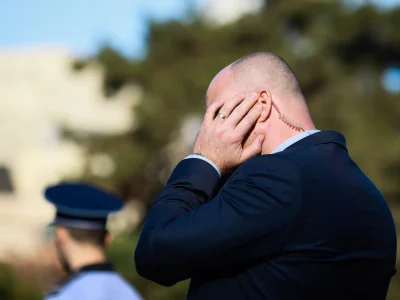

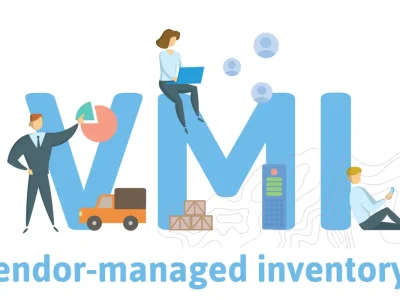

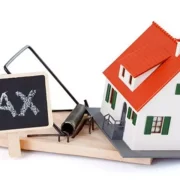




Comments